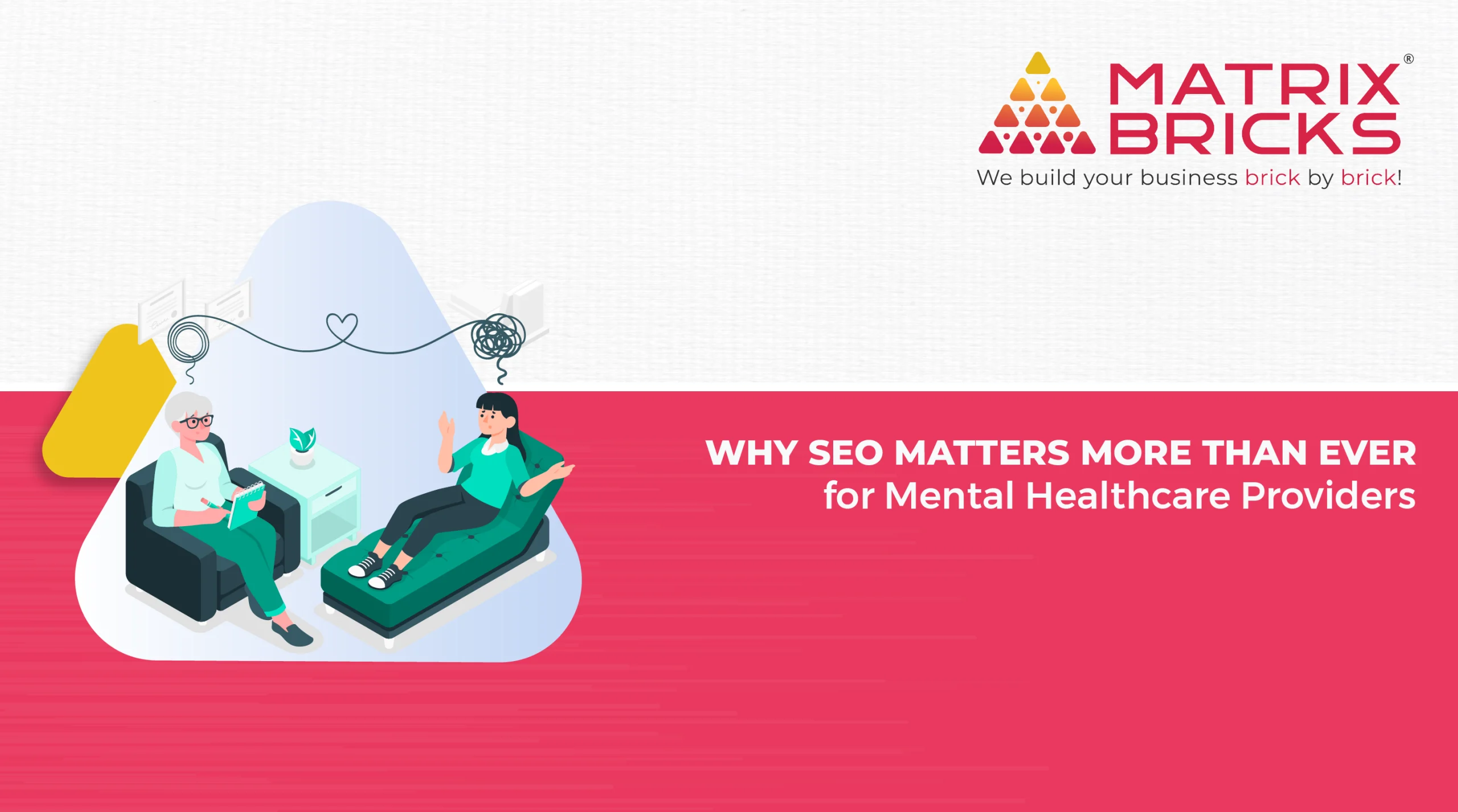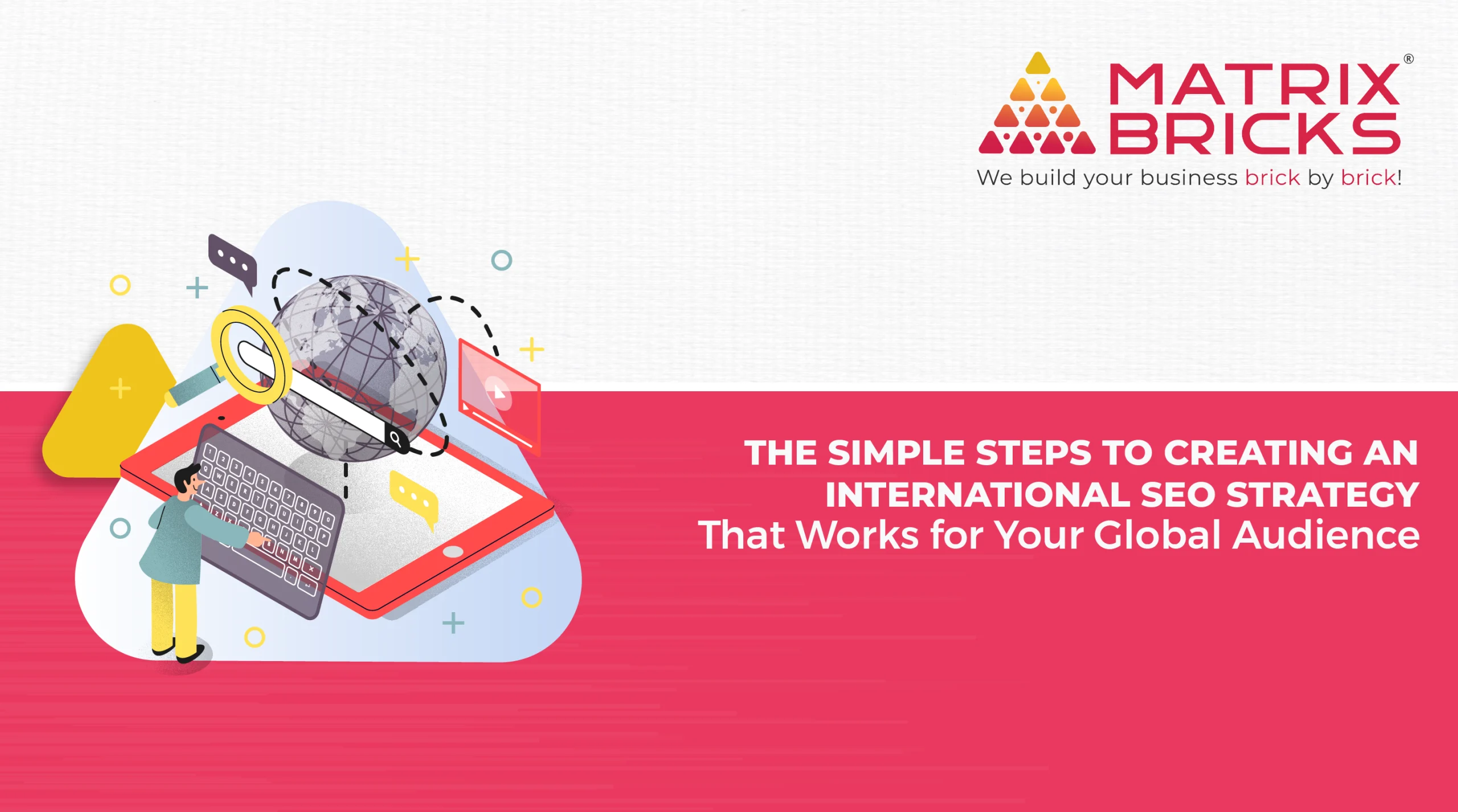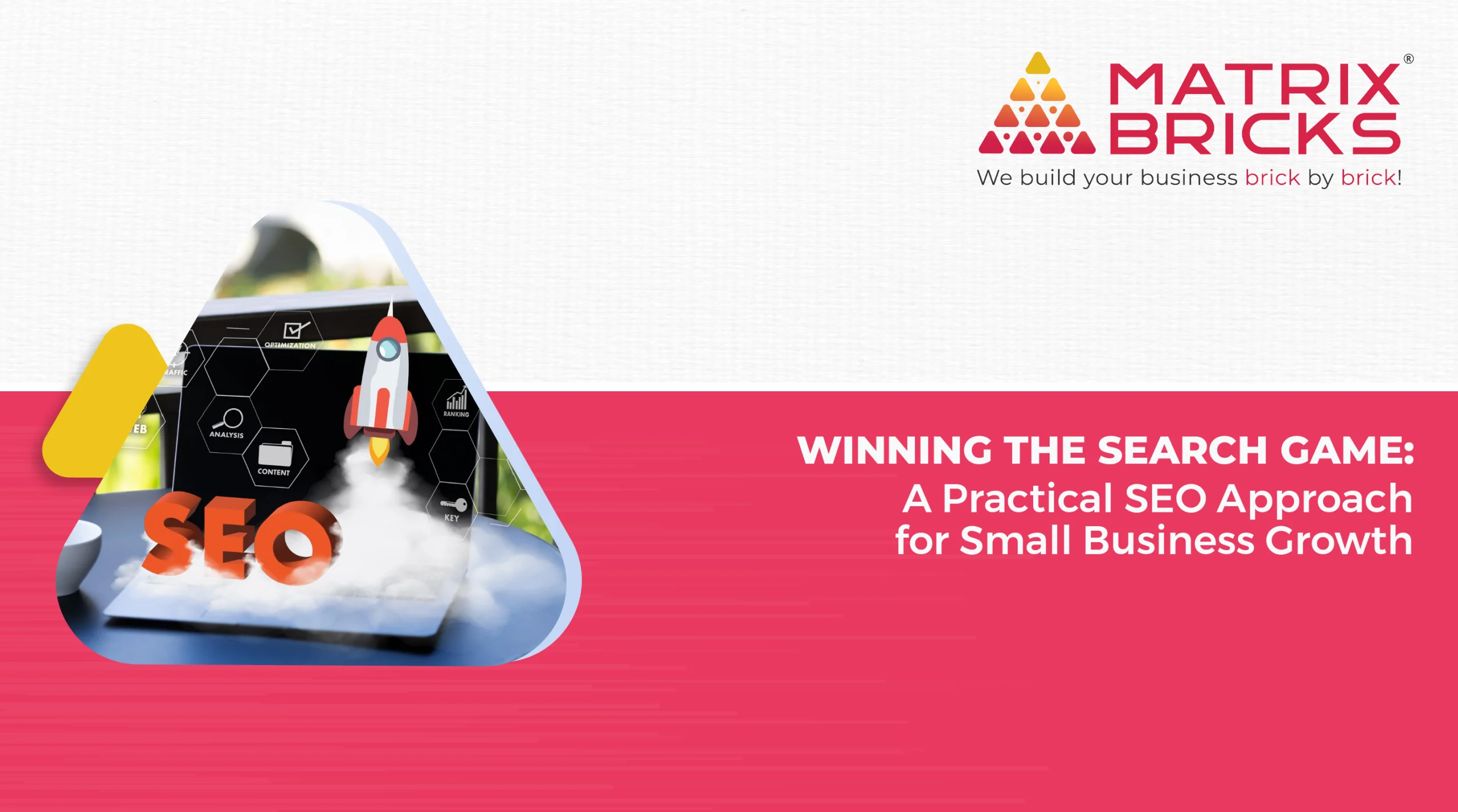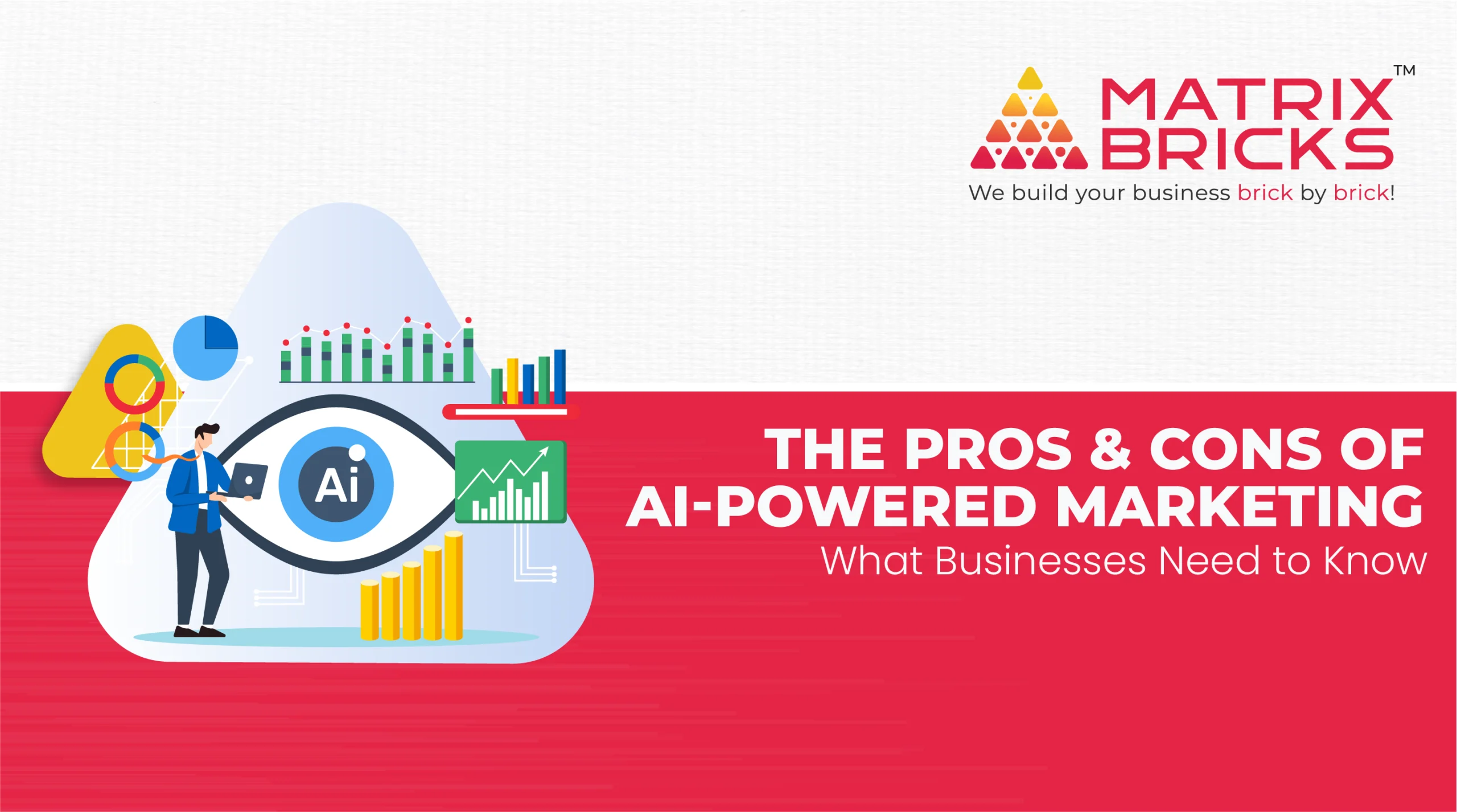
From chatbots and predictive analytics to automated content creation and targeted advertising, AI-powered marketing is reshaping the industry. While some businesses embrace AI-driven strategies to enhance customer experiences, others remain skeptical about its limitations and potential risks.
In today’s digital landscape, where consumer expectations are constantly evolving, AI provides a competitive edge by analyzing vast amounts of data, optimizing campaigns in real-time, and streamlining marketing efforts. However, despite its benefits, AI in marketing is not without challenges. Businesses must weigh the advantages against the drawbacks to make informed decisions. This blog explores the pros and cons of AI-powered marketing, offering insights into how businesses can harness AI effectively while mitigating potential risks.
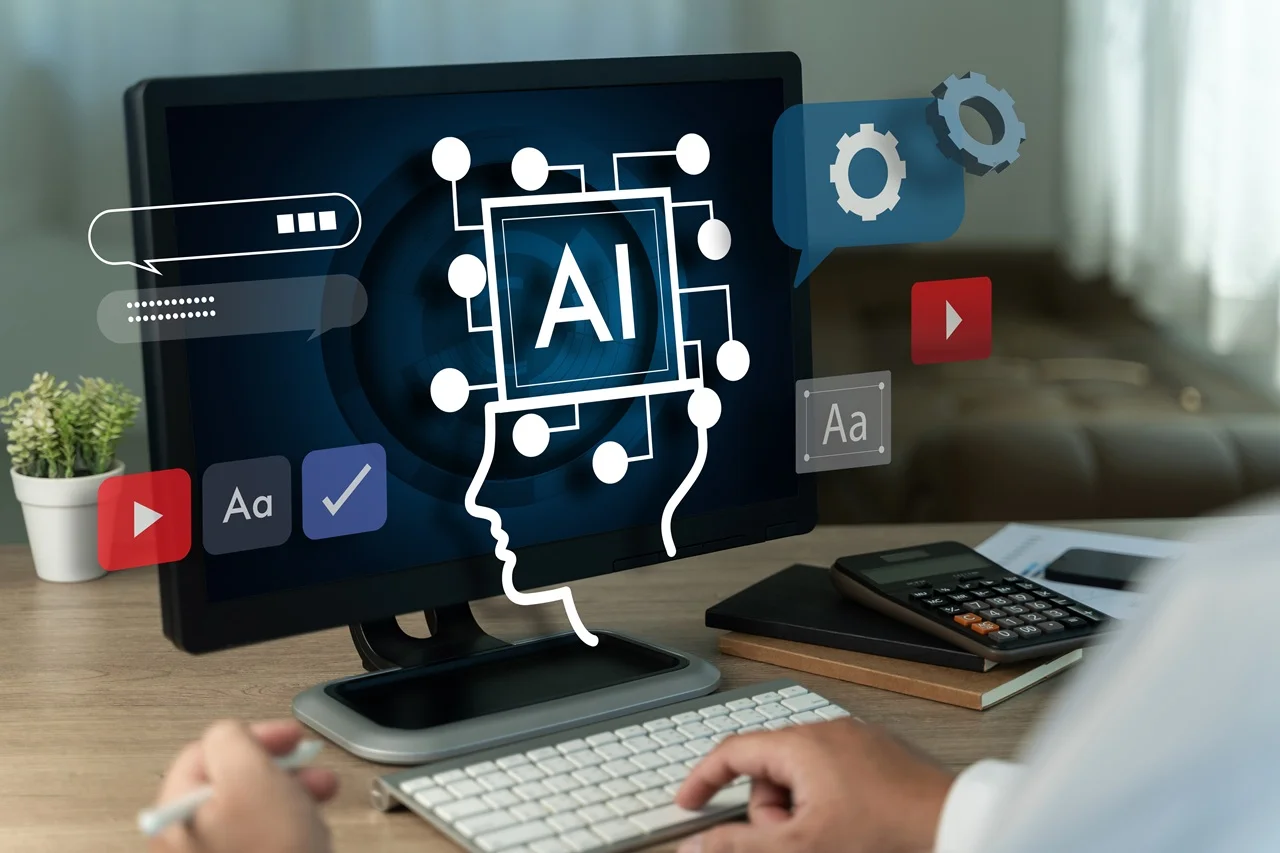
The Advantages of AI-Powered Marketing
Enhanced Personalization and Customer Experience
One of the most significant benefits of AI in marketing is its ability to deliver hyper-personalized experiences. AI algorithms analyze customer behavior, preferences, and interactions to create tailored recommendations and content. This personalization enhances user engagement, increases conversion rates, and builds long-term customer loyalty.
For instance, AI-powered recommendation engines in e-commerce platforms suggest products based on past purchases, browsing history, and user preferences. This level of customization ensures that customers receive relevant content, leading to a more satisfying shopping experience. Additionally, AI-driven chatbots provide instant customer support, answering queries and resolving issues efficiently, further improving customer satisfaction.
Beyond e-commerce, AI-driven personalization extends to email marketing, social media ads, and content curation. AI tools segment audiences based on demographics, interests, and online behavior, allowing marketers to craft messages that resonate with specific customer groups. This targeted approach reduces marketing waste and enhances the effectiveness of campaigns.
Increased Efficiency and Automation
AI streamlines marketing operations by automating repetitive tasks, allowing businesses to focus on strategic initiatives. Tasks such as data analysis, email marketing automation, social media scheduling, and ad optimization are handled by AI-powered tools, saving time and resources.
Marketing automation platforms powered by AI can schedule and send personalized emails based on customer actions, ensuring timely and relevant communication. Similarly, AI-driven ad platforms adjust bidding strategies in real-time to maximize ad performance while minimizing costs. This level of automation enables marketers to allocate resources more efficiently and improve overall productivity.
Furthermore, AI-powered analytics tools provide actionable insights by processing large volumes of data within seconds. These insights help businesses identify trends, measure campaign performance, and make data-driven decisions. By leveraging AI’s analytical capabilities, marketers can refine their strategies, optimize budget allocation, and enhance ROI.
Improved Data Analysis and Decision-Making
AI’s ability to analyze vast datasets with speed and accuracy gives businesses a competitive advantage. Traditional data analysis methods require significant time and effort, whereas AI-powered analytics tools process data instantly, uncovering patterns and trends that may not be immediately apparent.
Predictive analytics, a key AI-driven feature, allows businesses to anticipate customer behavior, identify emerging market trends, and make proactive decisions. By analyzing past consumer interactions and purchasing behaviors, AI can forecast demand, optimize inventory management, and tailor marketing campaigns to target the right audience at the right time.
Additionally, AI enhances A/B testing by rapidly analyzing different marketing approaches to determine which performs best. This data-driven decision-making process reduces guesswork, allowing businesses to refine their marketing strategies based on real-time insights.
Cost Savings and Scalability
AI-powered marketing reduces operational costs by minimizing the need for manual intervention in various processes. Businesses can scale their marketing efforts without significantly increasing expenses, making AI a cost-effective solution for both small startups and large enterprises.
For example, AI-driven chatbots handle customer inquiries efficiently, reducing the need for large customer support teams. Automated content generation tools create blog posts, social media updates, and ad copy, eliminating the need for extensive human input. These cost-saving measures allow businesses to allocate budgets to other growth-oriented initiatives while maintaining high levels of efficiency.
Moreover, Artificial Intelligence enhances scalability by adapting to increased workloads without compromising performance. Whether it’s managing large-scale ad campaigns or processing customer data for personalized marketing, AI ensures that businesses can expand their marketing operations seamlessly.
The Challenges and Limitations of AI in Marketing
Lack of Human Creativity and Emotional Intelligence
While AI excels at data processing and automation, it lacks the creativity and emotional intelligence that human marketers bring to the table. AI-generated content often lacks the depth, storytelling ability, and emotional appeal that resonate with audiences on a personal level.
Marketing is not just about data-driven decisions—it’s about crafting compelling narratives that connect with consumers on an emotional level. AI can assist in content creation, but it cannot fully replicate the intuition, empathy, and cultural understanding that human marketers possess. For instance, AI-generated ad copy may be grammatically correct and optimized for SEO, but it may lack the brand voice and emotional depth needed to make a lasting impact.
Furthermore, humor, sarcasm, and cultural nuances are difficult for AI to grasp accurately. While AI can analyze past engagement data to predict what might work, it cannot replace human creativity when it comes to storytelling, branding, and innovation.
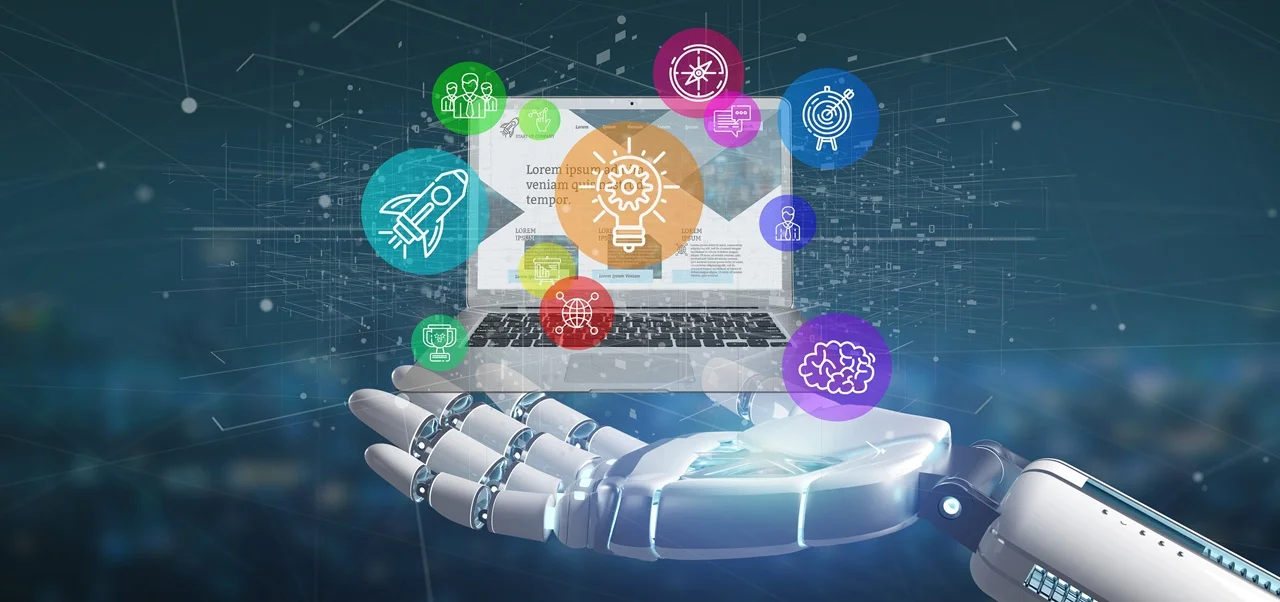
Privacy Concerns and Data Security Risks
AI-powered marketing relies heavily on data collection and analysis, raising concerns about consumer privacy and data security. With growing awareness about data protection, businesses must ensure compliance with regulations such as the General Data Protection Regulation (GDPR) and the California Consumer Privacy Act (CCPA).
Consumers are increasingly cautious about how their personal data is used. AI-driven personalization, while beneficial, can sometimes feel intrusive if not handled transparently. Businesses must strike a balance between leveraging data for marketing purposes and respecting customer privacy. Clear communication regarding data usage, obtaining user consent, and implementing robust security measures are essential to building consumer trust.
Moreover, AI systems are vulnerable to cyber threats and data breaches. If an AI-powered marketing tool is compromised, sensitive customer information could be exposed, leading to reputational damage and legal consequences. Businesses must invest in strong cybersecurity protocols to safeguard their AI-driven marketing systems.
High Initial Investment and Implementation Challenges
Adopting AI-powered marketing solutions requires a significant initial investment in technology, infrastructure, and training. Small businesses with limited budgets may find it challenging to implement AI tools effectively.
Beyond financial considerations, AI integration can be complex, requiring expertise in data science, machine learning, and marketing analytics. Businesses must train their teams to work alongside AI tools, interpret AI-generated insights, and make informed decisions. Without proper training and a clear strategy, businesses may struggle to maximize the benefits of AI in their marketing efforts.
Additionally, AI-driven marketing solutions require continuous monitoring and refinement. AI models learn from data, and if the data used is biased or inaccurate, it can lead to flawed marketing strategies. Businesses must ensure that AI systems are regularly updated, audited, and fine-tuned to maintain accuracy and effectiveness.
Key Takeaways
- AI-powered marketing enhances personalization, efficiency, and decision-making, helping businesses deliver targeted and data-driven campaigns.
- Automation and predictive analytics streamline marketing processes, improving ROI and scalability.
- Despite its benefits, AI lacks human creativity, raises privacy concerns, and requires careful implementation to avoid risks.
- Businesses must adopt AI strategically, balancing automation with human-driven insights to create effective and ethical marketing campaigns.
Conclusion: Finding the Right Balance
AI is reshaping marketing, offering businesses unparalleled opportunities to optimize their strategies. However, while AI enhances efficiency and precision, it cannot fully replace the creativity, emotional intelligence, and strategic thinking of human marketers. The key to success lies in integrating AI as a supportive tool while maintaining a human touch in brand communication.
As businesses navigate the evolving landscape of AI-powered marketing, they must prioritize ethical data practices, invest in proper training, and strike a balance between automation and creativity. Those who leverage AI thoughtfully will gain a competitive edge, ensuring sustainable growth in an increasingly digital world.
Is your business ready to embrace AI-powered marketing? Assess your needs, explore the right AI tools, and develop a strategy that aligns with your brand values and objectives. The future of marketing is AI-driven—but human insight remains irreplaceable.


